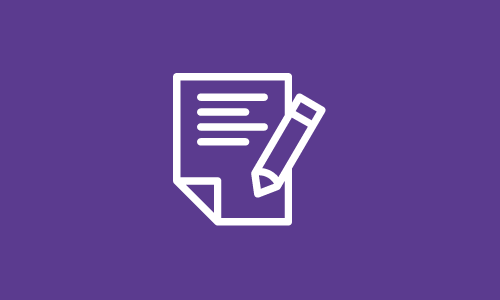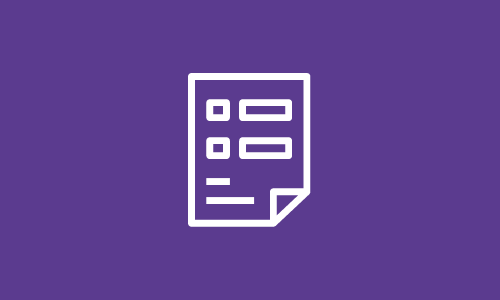Research brief
The COVID-19 slide: What summer learning loss can tell us about the potential impact of school closures on student academic achievement
April 2020
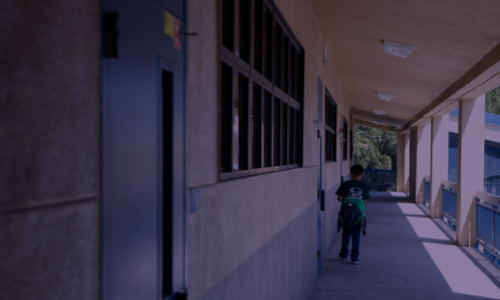
Description
COVID-19 school closures will likely impact student academic achievement. Research on summer learning loss can offer insights to help educators, policy makers, and families understand, plan for, and address some potential impacts of this extended pause when students return to school.
Read the briefAssociated Research

Media mention
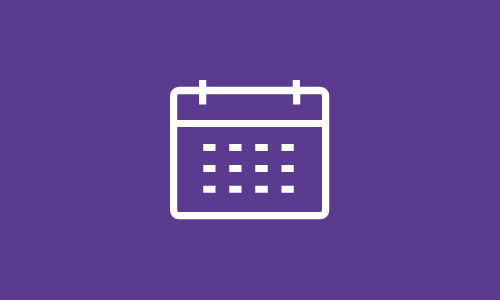
Presentation
Related Topics
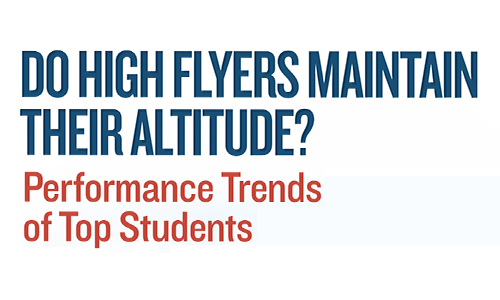

Do high flyers maintain their altitude?
In the visualizations in this exhibit, you can compare the performance and growth of various groups of high achievers to that of their peers over multiple years.
By: Yun Xiang, Michael Dahlin, John Cronin, Robert Theaker, Sarah Durant
Topics: Equity, High-growth schools & practices
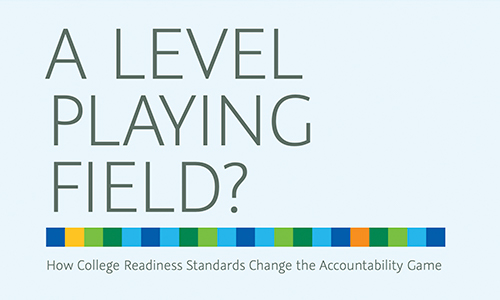

A level playing field: College readiness standards
Some of our assumptions about the growth and performance of students from high-poverty schools relative to their peers from wealthier schools may be challenged in this data gallery, where you can explore how school poverty level interacts with student growth, college readiness, and college access.
By: Michael Dahlin, Beth Tarasawa
Topics: Equity, College & career readiness


A level playing field: College readiness standards
This study examines the academic growth of 35,000 elementary and middle school students in 31 states—all of them high achievers within their own schools—over a three-year period.
By: Michael Dahlin, Beth Tarasawa
Topics: Equity, College & career readiness


Do high flyers maintain their altitude? Performance trends of top students
In this study from the Thomas B. Fordham Institute, achievement trends from NWEA’s longitudinal growth database were used to track students who scored at or above the 90th percentile on this assessment in order to see if they maintained their high achievement.
By: Yun Xiang, Michael Dahlin, John Cronin, Robert Theaker, Sarah Durant
Topics: Equity, High-growth schools & practices
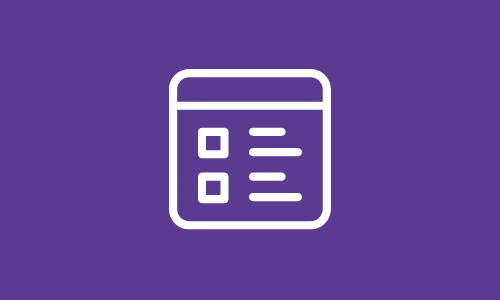

What does equity and accessibility look like within assessment?
Creating tests and items from the beginning with Universal Design for Learning in mind, removing barriers by adding alt-tags, and incorporating more culturally rich materials are all steps NWEA is doing to improve our equity for all students.
By: Elizabeth Barker
Topics: Equity, Accessibility


NWEA promotes accessibility in assessment with release of image description guidelines
Image descriptions are important to make computer-based assessments accessible to students using assistive technology (AT) devices, such as screen readers and refreshable braille displays. NWEA, with support from the National Center for Accessible Media (NCAM), has created guidelines for describing many variations of images, charts, and graphics targeted specifically to the disciplines of reading, language usage, science, and mathematics.
By: Elizabeth Barker
Topics: Equity, Accessibility


A longitudinal study of reading growth for students with visual impairments
This study compares reading growth for students with visual impairments with a nationally normed group of students from the general population using data from the NWEA MAP Growth assessment.
By: Beth Boroson, Elizabeth Barker, Xueming Li
Topics: Equity, Accessibility, Reading & language arts
